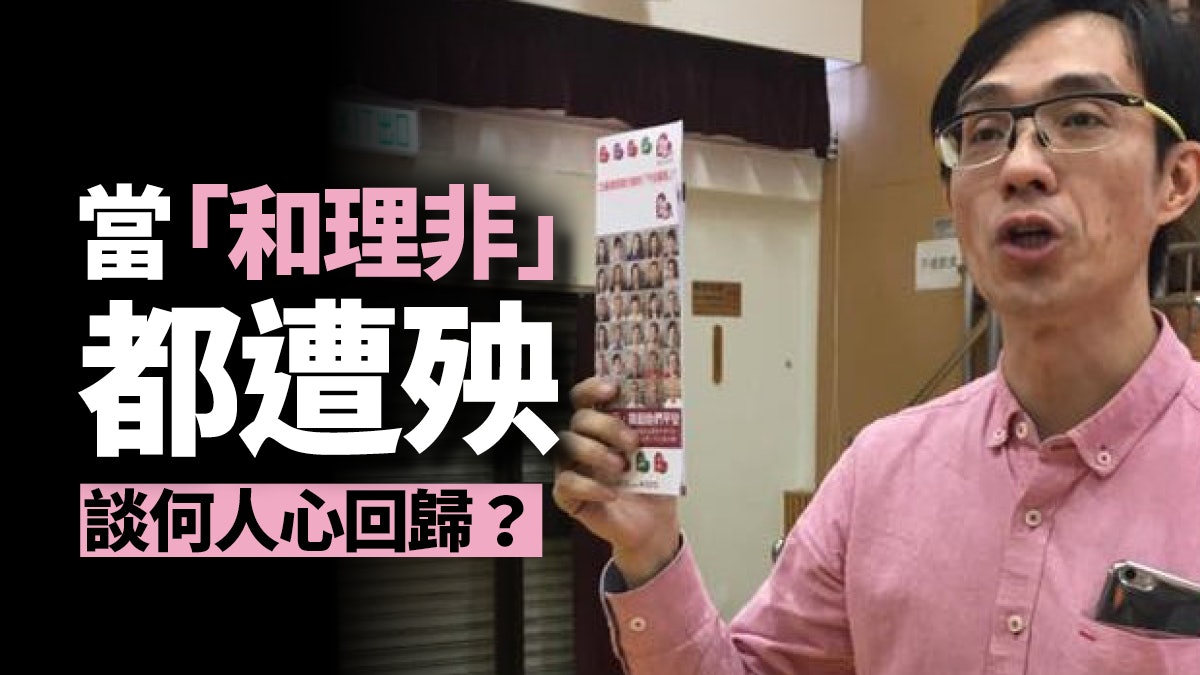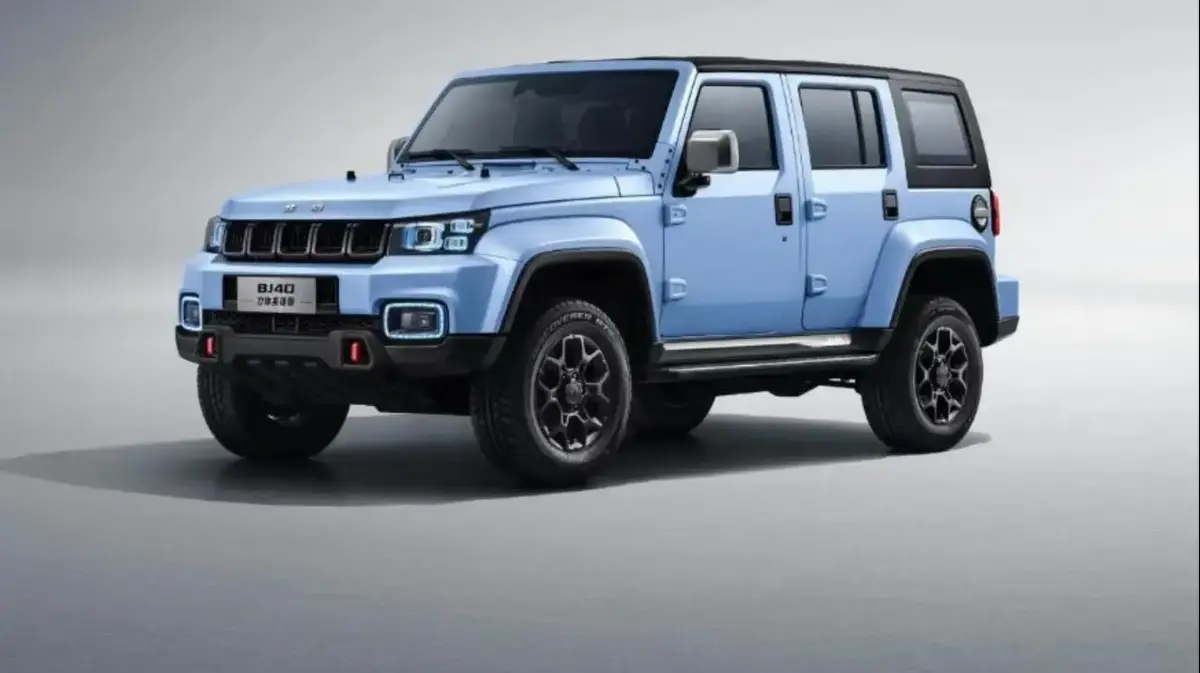01 perspective
Written by: Comment Editor
2019-12-12 16:15
Last updated: 2019-12-12 16:16Zhou Weixiong, a Democrat member of the Kwai Tsing District, set off for Guangzhou on Wednesday (11th) to be killed in the funeral. He was denied entry by public security officers on the grounds of "danger to national security". Even though relations between China and Hong Kong have been strained in recent months, many democrats in Hong Kong have turned to radicalism, but this moderate Pan Ambassador is known as "Harmony and Reason" and has never seen radical words or deeds in the past. This time Zhou Weixiong was refused entry, without sufficient justification, it would also deepen the negative impression of Hong Kong people on the Mainland, reflecting the inadequacies of frontline policies.
Zhou Weixiong is a member of the Kwai Shing East Village in Kwai Tsing District. He has no political background, and the Times of Election described political ties as a driving force for democracy, an organization that coordinates elections and other affairs.
Kwai Tsing District Councillor Zhou Weixiong called for the people's livelihood, and did not have radical words or deeds. (Profile picture / Photo by Liao Junsheng)
Zhou Weixiong is a moderate Democrat
Zhou Weixiong's original popularity was not high, and there was no record of his radical behavior or support for independence. Mainland law enforcement officials have accused him of "being a danger to national security." From the outside world, it is based solely on his role as a democracy. If so, it would be a rejection of democracy across the board.
In the past, it has been rumored that the mainland customs have blacklists, including the Occupy Movement since 2014. Some participants have claimed that they have been refused entry by the mainland government, such as the main members of the school of thought, Huang Weiqi and Qian Shiwen. If the mainland authorities refuse to allow radical forces such as Hong Kong independence elements to enter the country, the practice is more understandable to the community. However, when the restrictions have reached a moderate level of "harmony and justice," it is really unwise. It must be noted that the spectrum of democrats is broad, and includes many people who agree with "one country, two systems" and strive for democracy within the framework of a constitutional order. One-size-fits-all exclusion of democrats will only undermine the benign interaction between the two places.
Frontline personnel cannot enforce law across the board. (Photo of China General Administration of Customs)
Officials are practitioners of "one country, two systems"
There are often lower-level officials on the official court than in the past. In China, where there is a saying that "imperial power does not go to the countryside," front-line personnel are also prone to mishandling, and it is prone to break policy ideas and practices. Regarding the passage of Hong Kong politicians, if front-line personnel refuse to enter all democratic parties across the board, including "harmony and justice" such as Zhou Weixiong, although it seems to be the most secure and time-saving in the short term, it will deepen Hong Kong society in the long run. It is believed that the negative impression of the Mainland on suppressing dissidents will even add to the public's fear of the Mainland, making some people discouraged.
If the implementation of the policy deepens the misunderstanding of the mainstream of Hong Kong society and even loses the opportunity for interaction between the two places, it will hinder the second return of Hong Kong identity. We often emphasize that "one country, two systems" should be viewed positively, promote interaction rather than separation, and seek mutual understanding and consensus on communication. Regardless of which government or department, officials must understand that they are the concrete practitioners of the important principle of "one country, two systems". They must be more intelligent and flexible in handling practical needs. They cannot covet convenience and make the two places go further.
Hong Kong and Macau are not the same, emphasis on commonality is not as good as management difference
One country, two systems tailored to local conditions
01 depth
Zhou Weixiong Customs 01 Viewpoint China Democracy, One Country, Two Systems





/cloudfront-eu-central-1.images.arcpublishing.com/prisa/3I74UEXLYRBBRPGPSGWNN6WXH4.jpg)







